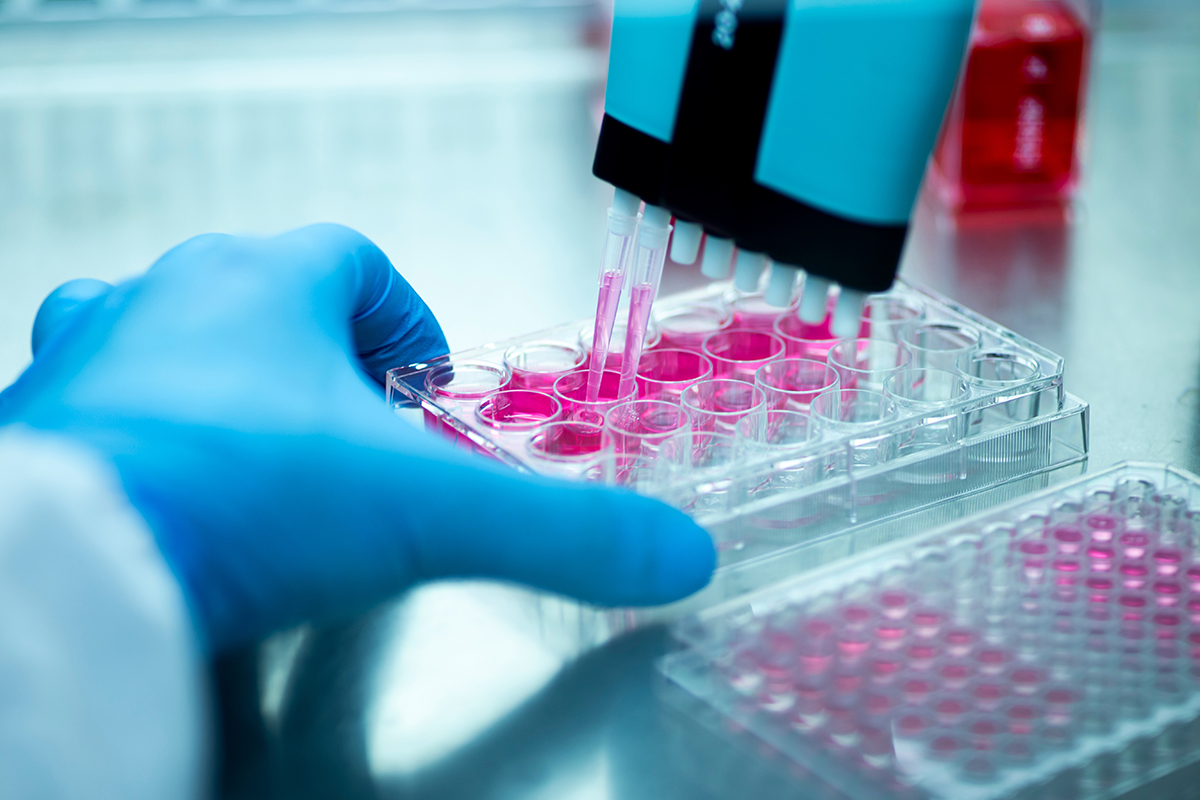At RQM+ Lab Services, we pride ourselves on our scope of expertise. We rely on a fully grounded comprehension of long-standing and cutting-edge chemical testing methods. This enables us to deliver results via a limitless range of finely tailored analytical workflows. Our PhD chemists are highly proficient in virtually any analytical technique geared towards elucidating the chemical makeup of various sample types. Among these, is titrimetry.
What is Titrimetry?
Titrimetry, sometimes referred to as titration, is one of our core competencies at RQM+ Lab Services. We understand its value to small and medium enterprises (SMEs) in a broad market cross-section, who may not have the capacity to bring critical screening processes in-house.
The main goal of titrimetry is to quantitatively measure specific analytes of interest, typically an acid or base, within a given substance using a titrant; a reagent that reacts stoichiometrically with the analyte.
In a general experiment setup, the titrant is incrementally added to the solution containing the main component of interest and a relative change is measured using a range of indicators. It is possible to monitor changes visually in some instances. Other detection methods include photometry and potentiometry. These can provide a fully quantitative analysis of titration chemistry.
The whole purpose of the titrimetry procedure’s staged chemical reaction is to note what proportion of the titrant has reacted with the analyte. This is recorded – usually continuously – and used to quantify analytes.
Industrial Applications of Titrimetry
Wine Production
Quality is essential to the reputation of any wine producer. This ultimately comes down to a range of closely interlinked factors, including chemical content. Titrimetry is routinely deployed by high-end wineries and quality assurers looking to guarantee pre-defined levels of acidity by screening for compounds like sulfur dioxide.
Food Processing
In the interests of food safety, a base is often added to a batch of waste vegetable oil to manipulate a reaction that results in the acid and alkaline levels of the solution balancing out with the industry-wide accepted PH level of approximately 8.5 being reached. Titrimetry is routinely used to assist with this stage of food processing.
Pharmaceuticals
Titrimetry is an integral testing measure applied to a whole host of pharmaceutical development, experimentation, and production phases. With an accurate ability to ensure the chemical properties and purity of all products being a major priority, varying methods of titration testing are heavily depended upon to meet the strict standards and regulations of the pharmaceutical industry.
Any impure or contaminated chemical composites could prove catastrophic, making titrimetry a trusted technique of any trained researcher.
To learn more about how the long list of titration-related methods we offer could benefit and protect your company’s productivity levels, why not get in contact with a member of our team?
